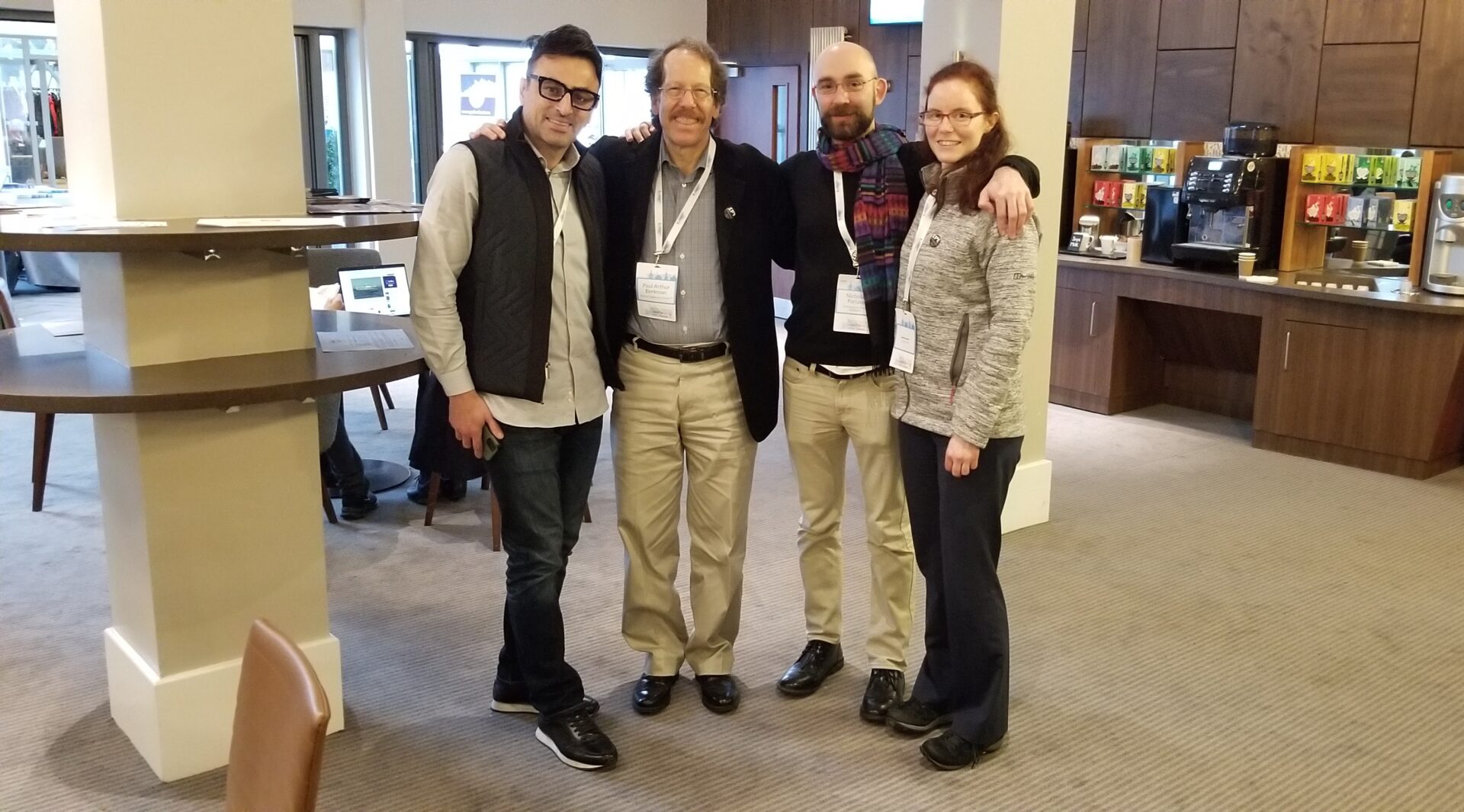The University of the Arctic (UArctic) Thematic Network on Science Diplomacy has created a Next-Generation Science Diplomat Committee that is being co-led by: Dr. Susana Hancock (President 2022-2023 of the Association for Polar Early Career Scientists – APECS; Science Manager for Arctic Basecamp; Scientist with The Greenland Project and B2BI North Atlantic-Arctic Ocean Strategic Framework); Mr. Nicholas Parlato (Ph.D. student and Research Assistant at the International Arctic Research Center, University of Alaska, Fairbanks); and Dr. Zia Madani (2022-2024 Fellow of the Japan Society for the Promotion of Science – JSPS; Researcher, University of Saskatchewan).

Primary activities of the Next-Generation Science Diplomat Committee will involve education, research, publication, outreach and events. These Next-Generation Science Diplomat Committee activities will build on previous experiences with the Thematic Network on Science Diplomacy, including the:
- 2022 Webinar Series on Enhancing International Scientific Cooperation: Arctic Science and Technology Advice with Ministries
- 2022 Publication from the Webinar Series Team. 2022. Enhancing International Scientific Cooperation: Arctic Science and Technology Advice with Ministries. Science Diplomacy Action 6:1-82
- 2023 Session at the Arctic Circle Assembly about Arctic Science Diplomacy: The Next Generation (please see the video)
With the Co-Leads of the Thematic Network on Science Diplomacy (Prof. Paul Arthur Berkman at the Science Diplomacy Centerâ„¢ and Dr. Corine Wood-Donnelly at Nord University) – activities of the Next-Generation Science Diplomat Committee will include active learning about the theories, methods and skills with science diplomacy and its engine of informed decisionmaking. In particular, these activities will consider: (a) the landscape of diplomatic relations among Arctic rightsholders and stakeholders as well as others; (b) roles of scientist diplomats with backgrounds inclusively across the natural sciences, social sciences and Indigenous knowledge; (c) strategies to foster “peace, stability and constructive cooperation” with sustainability across multiple space and time scales; and (d) scholarly and scientific participation in policy and governance arenas. The crosscutting activity with the Next-Generation Science Diplomat Committee will involve leadership by, for and among next-generation science diplomats (self-identified) across UArctic – conceiving, convening and chairing dialogues with a new UArctic webinar series about Asking the Right Questions: Critical Themes in Science Diplomacy (please see Concept Note)
NOTE: As the timely notice of opportunity with the Next-Generation Science Diplomat Committee, please see the recent announcement from the International Institute for Applied Systems Analysis (IIASA) about a paid Science Diplomacy Internship with applications due by 30 April 2024.
